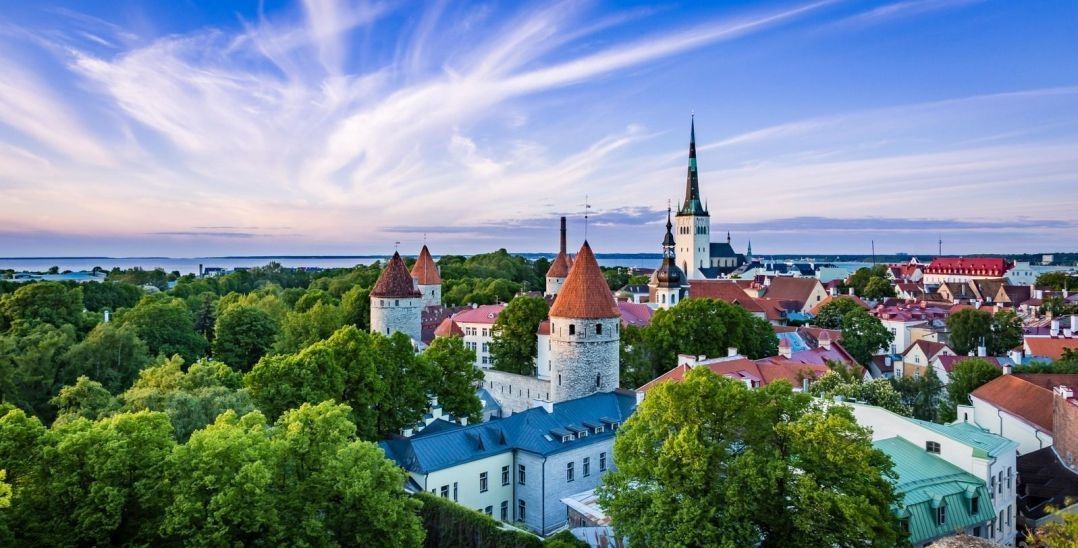How to Choose Your Political History in Simple Steps
In conclusion, choosing your political history is an enriching journey that offers valuable insights into the complexities of power, governance, and societal transformations. By following this step-by-step guide, you can explore different eras, ideologies, influential figures, key events, comparative politics, critical analysis skills, historical context, and the connections between past, present, and future. Remember to approach your study of political history with curiosity, an open mind, and a commitment to understanding the nuances and complexities of the subject.
A Step-by-Step Guide to Choosing Your Political History
Are you interested in exploring the fascinating realm of political history? Whether you're an aspiring historian, a curious learner, or someone who wants to make informed decisions based on the past, understanding political history can provide valuable insights into the present and shape our future. In this comprehensive guide, we will take you through a step-by-step journey to help you choose your political history. From exploring different eras and ideologies to examining influential figures and events, this article will equip you with the knowledge and tools necessary to navigate the vast landscape of political history. Let's dive in!
The Importance of Political History
Political history encompasses the study of power, governance, ideologies, and the evolution of political systems throughout time. By examining the decisions, actions, and ideas of the past, we gain a deeper understanding of the present socio-political landscape. Political history helps us comprehend the factors that have shaped societies, nations, and civilizations, enabling us to make informed decisions and contribute to shaping a better future.
Defining Your Interests
Before embarking on your journey into political history, it's essential to define your interests. Political history spans various eras, regions, and ideologies. Start by exploring different political eras, such as ancient civilizations, medieval kingdoms, modern democracies, or post-colonial nations. This exploration will provide insights into the diverse contexts and challenges faced by different societies throughout history. Additionally, familiarize yourself with various political ideologies like liberalism, conservatism, socialism, or feminism, as they form the foundation for political discourse and shape policy decisions.
Exploring Different Political Eras
In this section, you will delve into the significant political eras that have shaped human history. Understanding the political systems, governing structures, and influential figures of each era will help you contextualize and analyze the broader narrative of political history.
Understanding Political Ideologies
Political ideologies are sets of beliefs and values that shape political behavior and policy-making. Explore different ideologies and their historical origins, examining their impact on societies and the ways they have shaped political systems. By understanding these ideologies, you will gain a comprehensive understanding of the complex dynamics that have driven political change throughout history.
Studying Influential Figures
Political history is replete with influential figures who have left an indelible mark on the course of human affairs. By studying these figures, you can gain insights into their leadership styles, decision-making processes, and the consequences of their actions.
Analyzing Political Leaders
Examine the lives and contributions of significant political leaders such as Winston Churchill, Nelson Mandela, or Catherine the Great. By analyzing their leadership qualities, strategies, and the challenges they faced, you will develop a nuanced understanding of the role of individuals in shaping political history.
Examining Political Thinkers and Philosophers
Political thinkers and philosophers have profoundly influenced the development of political systems and ideologies. Explore the ideas of philosophers like Plato, John Locke, or Karl Marx, and analyze how their theories have shaped political thought and informed political movements.
Investigating Key Events
Key events play a pivotal role in political history, shaping the course of nations and societies. By investigating these events, you will gain a deeper appreciation for their historical significance and their impact on subsequent political developments.
Impactful Wars and Conflicts
Explore significant wars and conflicts throughout history, such as World War II, the American Civil War, or the Cold War. Analyze the causes, consequences, and political ramifications of these conflicts, understanding how they have shaped the world we live in today.
Significant Political Movements
Political movements like the civil rights movement, suffrage movement, or decolonization movements have transformed societies and ushered in profound political change. Study these movements and their leaders, examining their strategies, motivations, and the lasting impact they have had on shaping political history.
Delving into Comparative Politics
Comparative politics involves analyzing and comparing different political systems, institutions, and policies across nations. By delving into this field, you will develop a broader perspective on political history and gain insights into the diverse approaches to governance around the world.
Comparative Political Systems
Compare and contrast political systems, such as democracies, authoritarian regimes, or parliamentary systems. Understand the advantages, disadvantages, and unique characteristics of each system, recognizing the contextual factors that influence their development.
Cross-Cultural Political Analysis
Examine political phenomena through a cross-cultural lens, studying the political traditions, values, and practices of different societies. This analysis will enable you to appreciate the rich diversity of political systems and foster a deeper understanding of the global political landscape.
Developing Critical Analysis Skills
To truly engage with political history, it is crucial to develop critical analysis skills. These skills empower you to assess historical sources, analyze complex political narratives, and form well-informed perspectives on political events and figures.
Evaluating Historical Sources
Learn to critically evaluate historical sources, such as primary documents, secondary texts, and scholarly articles. By discerning the reliability, biases, and motivations behind these sources, you will be able to construct a more accurate and comprehensive understanding of political history.
Applying Analytical Frameworks
Master the art of applying analytical frameworks to political history. These frameworks provide a structured approach to analyzing and interpreting historical events, ideologies,and figures. By utilizing frameworks like Marxism, feminism, or postcolonial theory, you can gain deeper insights into the underlying power dynamics and social structures that have shaped political history.
Understanding Historical Context
To fully comprehend political history, it is essential to understand the historical context in which events unfold. Factors such as socioeconomic conditions, cultural influences, and intellectual developments significantly impact political systems and decisions.
Socioeconomic Factors
Explore the socioeconomic factors that have influenced political history, such as economic systems, class struggles, or resource distribution. Understanding the interplay between politics and economics will shed light on the motivations and consequences of political actions throughout history.
Cultural and Intellectual Influences
Investigate the cultural and intellectual influences that have shaped political history. Art, literature, philosophy, and scientific advancements often interact with politics, contributing to societal transformations and shaping political ideologies.
Connecting Past, Present, and Future
Political history serves as a bridge between the past, present, and future. By drawing connections and lessons from the past, you can actively engage in present-day political discourse and contribute to shaping a better future.
Drawing Parallels and Lessons
Analyze historical events and patterns to draw parallels with current political situations. By identifying recurring themes and challenges, you can gain insights into contemporary political issues and make informed decisions as an engaged citizen.
Engaging in Political Discourse
Use your knowledge of political history to engage in political discourse. Participate in debates, discussions, and community initiatives that seek to address political issues. By actively contributing to the dialogue, you can apply historical perspectives to contemporary problems and advocate for positive change.
In conclusion, choosing your political history is an enriching journey that offers valuable insights into the complexities of power, governance, and societal transformations. By following this step-by-step guide, you can explore different eras, ideologies, influential figures, key events, comparative politics, critical analysis skills, historical context, and the connections between past, present, and future. Remember to approach your study of political history with curiosity, an open mind, and a commitment to understanding the nuances and complexities of the subject.
What's Your Reaction?



















.jpg)